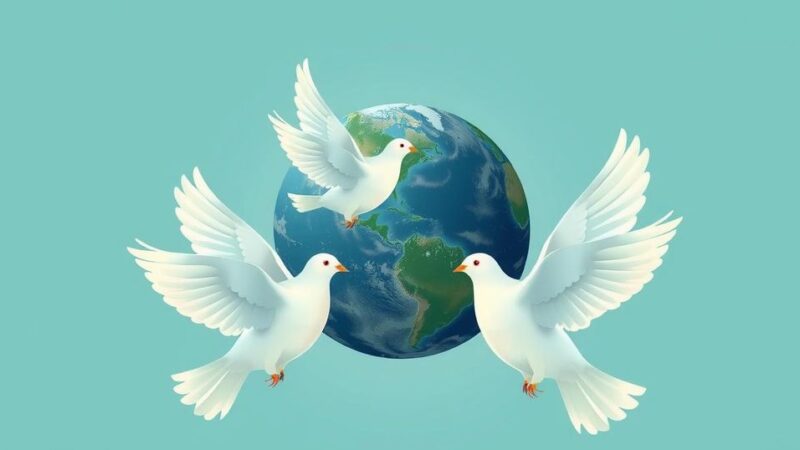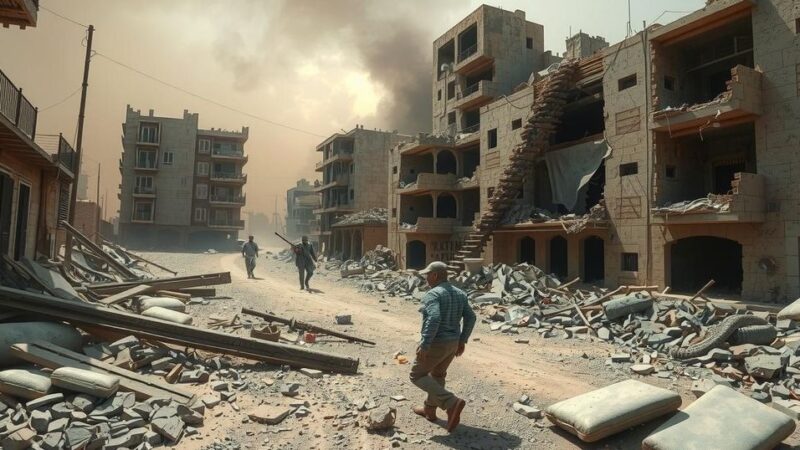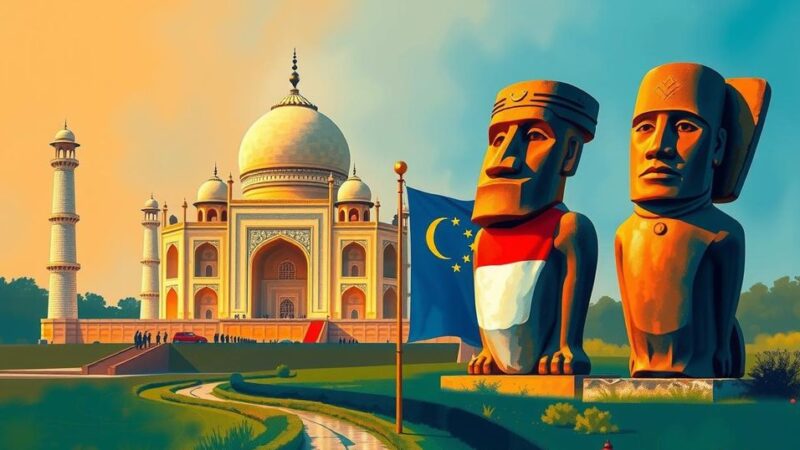The recent declaration by U.S. Secretary of State Antony Blinken labels the RSF’s actions in Sudan as genocide. This designation comes amid a devastating civil conflict, leading to extensive displacement and starvation among the population. Historical parallels suggest that previous declarations have not yielded effective action or prevention. The international community’s response remains critical for Sudan’s future stability and humanitarian relief.
The situation in Sudan has reached a critical juncture, marked by Secretary of State Antony Blinken’s condemnation of genocide committed by the Rapid Support Forces (RSF). The RSF, a successor to the infamous Janjaweed militia, has unleashed violence throughout Sudan since April 2023, resulting in widespread starvation and displacement. The indigenous Masalit people in western Sudan particularly suffer from this campaign of violence.
The RSF’s brutal actions have been documented through chilling videos, revealing a culture of cruelty with onlookers celebrating atrocities. The international community, including human rights organizations, has reported the violence, while the International Criminal Court anticipates issuing arrest warrants for those accountable for the suffering in Darfur.
Despite the U.S. designation of genocide, the response has been criticized as inadequate. Historically, previous declarations by U.S. officials have failed to spur meaningful action. The current humanitarian crisis in Sudan is unprecedented, with millions displaced and many facing famine and preventable diseases.
In past years, the U.S. was a prominent advocate for humanitarian assistance, but today, efforts have diminished, primarily focusing on food aid. Internal political dynamics have led to a lack of serious peace negotiations, and Middle Eastern nations are seen as supporting various factions in this conflict.
Blinken’s remarks may prompt the United Arab Emirates to rethink its relationship with the RSF and foster negotiations, yet genuine peace requires cooperation from all parties involved. The ongoing power struggle between the generals exacerbates the situation, as their militaristic tendencies imply a disinterest in achieving lasting peace.
While the U.S. designation of genocide aims to reawaken justice for victims, there are concerns surrounding international legal mechanisms and accountability. Historical inaction regarding war crimes in Sudan raises doubts about the efficacy of the ICC. Ultimately, this declaration offers a chance for Sudanese citizens to advocate for justice, peace, and democracy.
Sudan is currently facing a human rights catastrophe stemming from a violent conflict between the Rapid Support Forces (RSF) and the regular army. The RSF has a legacy of instigating genocidal campaigns, evoking memories of the Darfur conflict. Millions are displaced, and humanitarian needs are dire, while international attention has shifted focus over time, often resulting in inadequate interventions.
In conclusion, the U.S. government’s recent classification of the actions of the RSF as genocide underscores an urgent humanitarian crisis in Sudan. However, it remains to be seen whether this designation will lead to meaningful actions or merely serve as a symbolic gesture. For the civilians of Sudan, the path toward peace, justice, and democratic governance must be actively pursued by both national leadership and the international community.
Original Source: www.usnews.com






